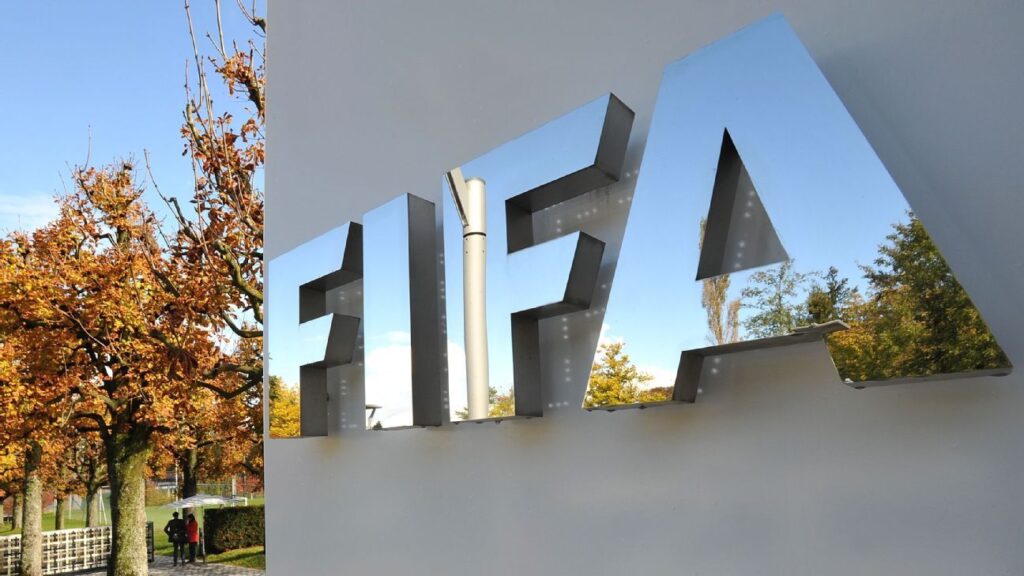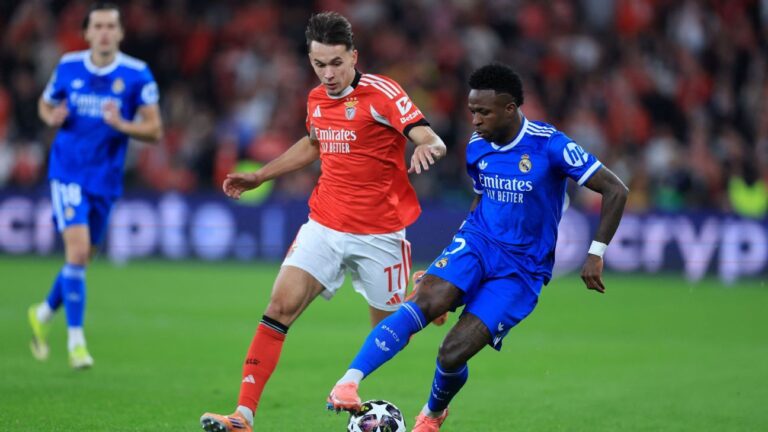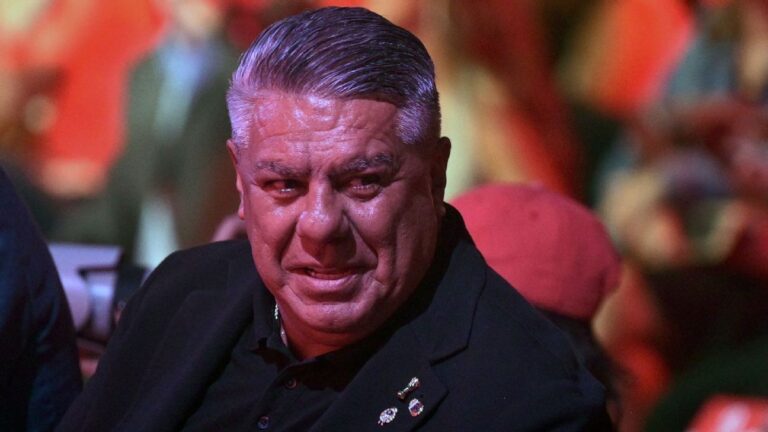A project using artificial intelligence to track social media abuse aimed at players at the 2022 World Cup identified more than 300 people whose details are being given to law enforcement, FIFA said Sunday.
The people made “abusive, discriminatory, or threatening posts [or] comments” on platforms like Twitter, Instagram, Facebook, TikTok and YouTube, soccer’s governing body said in a report detailing efforts to protect players and officials during the tournament played in Qatar.
– Stream on ESPN+: LaLiga, Bundesliga, more (U.S.)
The biggest spike in abuse was during the France-England quarterfinals game, said the report from a project created jointly by FIFA and the players’ global union FIFPRO. It used AI to help identify and hide offensive social media posts.
“Violence and threat became more extreme as the tournament progressed, with players’ families increasingly referenced and many threatened if players returned to a particular country — either the nation they represent or where they play football,” the report said.
About 20 million posts and comments were scanned and more than 19,000 were flagged as abusive. More than 13,000 of those were reported to Twitter for action.
Accounts based in Europe sent 38% of the identifiable abuse and 36% came from South America, FIFA said.
“The figures and findings in this report do not come as a surprise, but they are still massively concerning,” said David Aganzo, president of Netherlands-based FIFPRO.
Players and teams were offered moderation software that intercepted more than 286,000 abusive comments before they were seen.
The identities of the more than 300 people identified for posting abuse “will be shared with the relevant member associations and jurisdictional law authorities to facilitate real-world action being taken against offenders,” FIFA said.
“Discrimination is a criminal act. With the help of this tool, we are identifying the perpetrators and we are reporting them to the authorities so that they are punished for their actions,” FIFA President Gianni Infantino said in a statement.
“We also expect the social media platforms to accept their responsibilities and to support us in the fight against all forms of discrimination.”
FIFA and FIFPRO have extended the system for use at the Women’s World Cup that starts next month in Australia and New Zealand.




